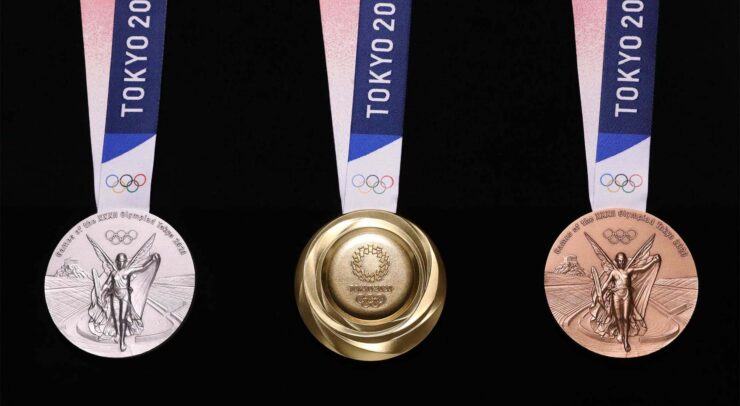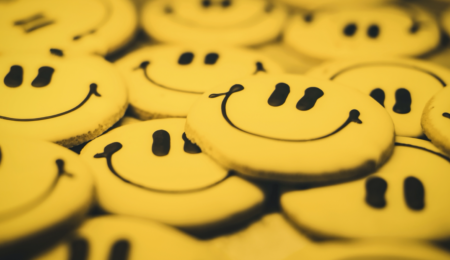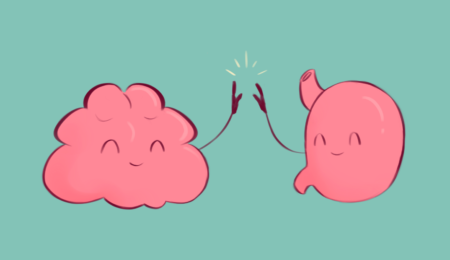Science says stop comparing yourself to others
Counterfactual thinking refers to thoughts about alternatives to past events, meaning thoughts about what might have been. Combining this with the fact that we as humans are extremely susceptible to social comparison, can easily lead us to feel negative emotions when we are in objectively good situations.
Consider a study that compared the emotions of different Olympic medalists published in 1995. They found that gold medalists undoubtedly felt happy and satisfied with their win. Now, what about silver medalists? Researchers found that based on the emotional expressions of the silver medalists on the podium they aren’t just feeling slightly unhappier than gold medalists. They’re actively feeling awful by showing signs of extreme sadness, anger, and contempt, etc. This is because they’re focused on how they just lost the gold medal instead of objectively feeling good, about being second best at a certain sport. Instead, they’re thinking about their silver in reference to the gold that they could’ve won.
Most interestingly, bronze medalists were found to be even happier than silver medalists. This can be linked to the fact that the bronze medalists’ reference point isn’t the gold medal but rather not receiving a medal at all. As a result, they’re showing signs of true ecstasy and in some cases expressions even happier than the gold medalists.
In a similar study published in 2006, titled “The thrill of victory and the agony of defeat: spontaneous expressions of medal winners of the 2004 Athens Olympic Games,” researchers examined 84 athletes and their facial expressions immediately after their matches. They found 13 of the 14 gold medal winners smiled immediately after they finished their match, while 18 of the 26 medalists smiled. However, none of the silver medalists smiled immediately after their match ended. Additionally, the facial expressions among the silver medal winners ranged from sadness (43 per cent) to contempt (14 per cent) to nothing (29 per cent).
What can we learn from this?
For these medalists it didn’t matter what was going on objectively, what mattered to them was who they were comparing themselves to. This can be applied to our own lives, where there are always going to be people who are better or smarter than us. Which can make us feel relatively bad in comparison. However, instead of comparing yourself to gold, celebrate your silvers: because you did it.





